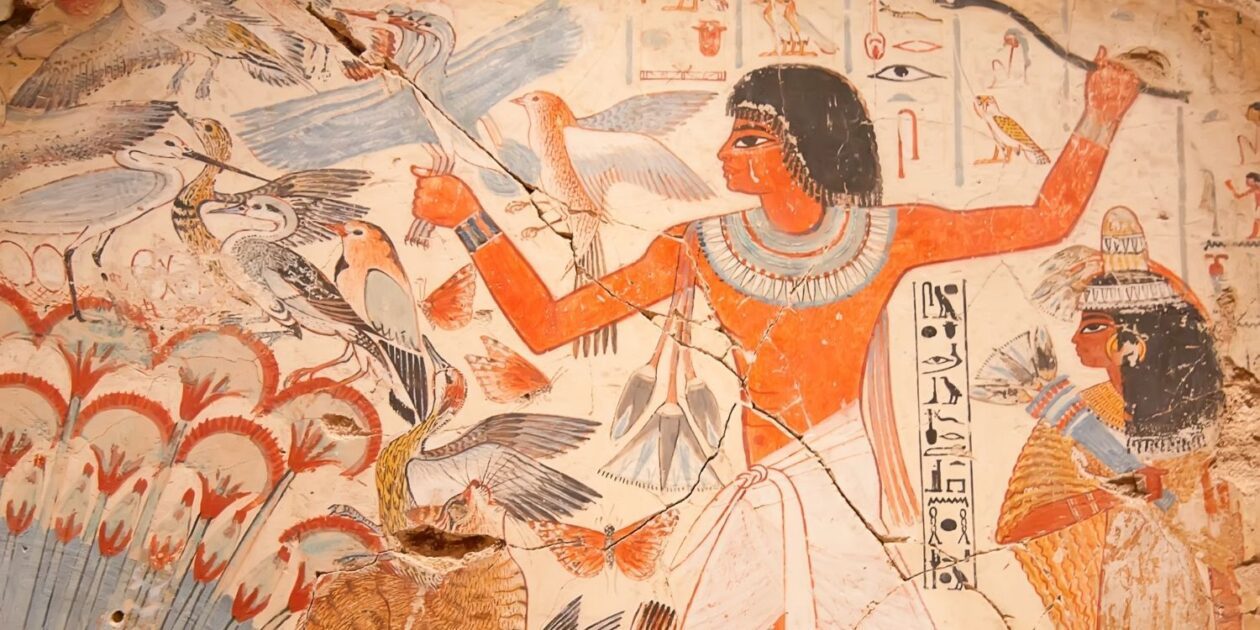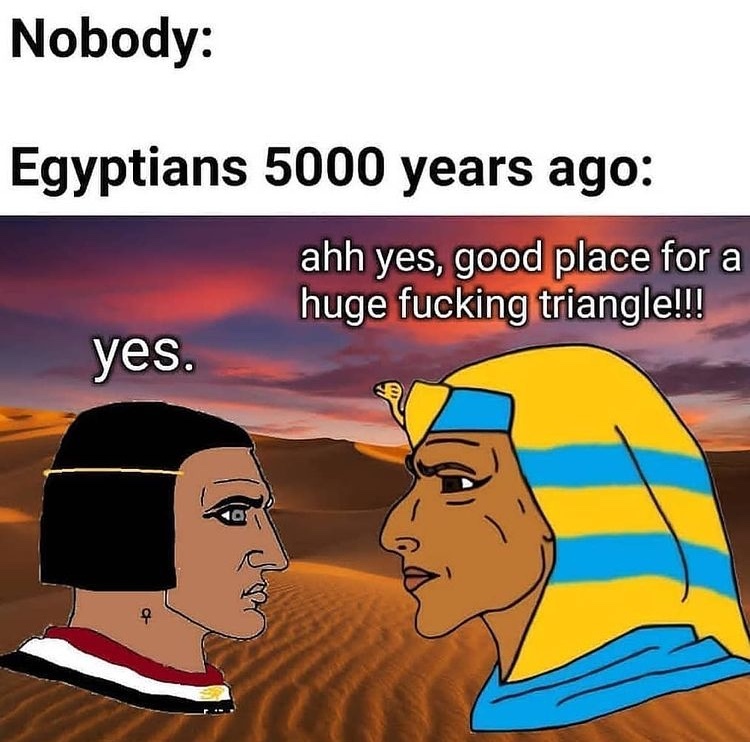When we talk about ancient Egypt, it's impossible not to mention how deeply their beliefs shaped their culture and daily lives. The Egyptians believed the most significant aspects of life revolved around their connection to the divine, the afterlife, and the natural world. From the grand pyramids to the intricate hieroglyphs, their entire civilization was built on a foundation of spirituality that still fascinates us today.
You know, when you think about ancient civilizations, Egypt always stands out as one of the most iconic. But what made them so unique wasn’t just their architectural marvels or their ability to build pyramids that still baffle engineers today. No, it was their belief system that really set them apart. The Egyptians believed the most significant elements of their existence were tied to the gods, the afterlife, and the cycles of nature.
So, buckle up, because we’re about to dive deep into the fascinating world of ancient Egyptian beliefs. We’ll explore what they considered the most important aspects of life, how it influenced their society, and why it still matters today. Trust me, this is gonna be epic!
Read also:Gonzaga Vs Georgia Ncaa Tournament Matchup Whorsquos Got The Edge
Understanding the Core of Egyptian Beliefs
The Egyptians believed the most significant aspects of life were deeply intertwined with their spiritual practices. Their religion wasn’t just a part of their lives—it was the foundation of everything they did. From farming to politics, every decision was influenced by their belief in the gods and the afterlife.
Religion: The Backbone of Ancient Egypt
Religion was the backbone of ancient Egyptian society. The Egyptians believed the gods controlled every aspect of life, from the flooding of the Nile to the rising of the sun. They had a pantheon of gods, each with their own roles and responsibilities. For example, Ra was the sun god, Osiris was the god of the afterlife, and Isis was the goddess of magic and motherhood.
- Religion influenced every aspect of daily life.
- Temples were centers of worship and community.
- Pharaohs were seen as divine rulers, connecting the people to the gods.
The Afterlife: A Central Focus
One of the most significant beliefs of the Egyptians was their focus on the afterlife. They believed that life on Earth was just a preparation for the journey to the next world. This belief shaped their rituals, architecture, and even their art.
The Importance of Mummification
Mummification was a crucial process for the Egyptians. They believed that preserving the body was essential for the soul to continue its journey in the afterlife. The process involved removing the internal organs, drying the body with natron, and wrapping it in linen bandages.
Here’s a fun fact: The heart was left in the body because it was believed to be the center of intelligence and emotion. It would be weighed against the feather of Ma’at, the goddess of truth and justice, to determine if the person was worthy of entering the afterlife.
The Role of the Nile in Egyptian Beliefs
The Nile River was more than just a source of water for the Egyptians. They believed it was a gift from the gods, essential for their survival and prosperity. The annual flooding of the Nile brought rich silt that fertilized the land, allowing them to grow crops and sustain their civilization.
Read also:Uc San Diego Womens Basketball Makes Ncaa Tournament Debut
Hapi: The God of the Nile
Hapi was the god associated with the Nile and its flooding. He was often depicted as a bearded man with a large belly, symbolizing fertility and abundance. The Egyptians believed that Hapi’s blessings ensured the success of their harvests.
The Pharaoh: A Divine Leader
The Pharaoh was not just a political leader but also a spiritual figure. The Egyptians believed the Pharaoh was a god in human form, serving as a mediator between the people and the gods. This divine status gave the Pharaoh immense power and authority.
The Divine Right of Kings
The concept of the divine right of kings was central to Egyptian politics. The Pharaoh’s rule was seen as a divine mandate, and any rebellion against him was considered a sin against the gods. This belief helped maintain stability and order in the kingdom.
The Influence of Egyptian Beliefs on Modern Culture
The legacy of ancient Egyptian beliefs can still be seen in modern culture. From movies to books, the fascination with Egyptian mythology continues to captivate audiences worldwide. The symbolism of the pyramids, the Sphinx, and the Eye of Horus are still popular motifs in art and design.
Why We’re Still Fascinated
So, why are we still so fascinated by ancient Egypt? It’s not just the pyramids or the mummies—it’s the depth of their beliefs and the way they shaped their entire civilization. Their understanding of the afterlife, their connection to the gods, and their respect for nature are lessons we can still learn from today.
Key Figures in Egyptian Mythology
Let’s take a closer look at some of the key figures in Egyptian mythology. These gods and goddesses played a crucial role in shaping the beliefs and practices of ancient Egypt.
Ra: The Sun God
Ra was one of the most important gods in the Egyptian pantheon. He was the god of the sun and creation, often depicted with the head of a falcon and a sun disk on his head. The Egyptians believed that Ra traveled across the sky in a solar boat, bringing light and warmth to the world.
Osiris: The God of the Afterlife
Osiris was the god of the afterlife and resurrection. His story of death and rebirth symbolized the cycle of life and the hope for eternal life. The Egyptians believed that by honoring Osiris, they could ensure a successful journey to the afterlife.
Architectural Wonders Inspired by Beliefs
The grandeur of Egyptian architecture was a testament to their beliefs. From the pyramids to the temples, every structure was designed with a purpose. These monuments were not just physical structures but also spiritual symbols that connected the people to the gods.
The Pyramids: Gates to the Afterlife
The pyramids were built as tombs for the Pharaohs, serving as gateways to the afterlife. The alignment of the pyramids with celestial bodies was no coincidence. The Egyptians believed that the Pharaoh’s soul would ascend to the heavens, joining the gods in the afterlife.
Challenges Faced by Ancient Egyptians
Despite their advanced civilization, the Egyptians faced numerous challenges. Natural disasters, invasions, and political instability were constant threats. However, their strong belief system helped them overcome these obstacles and maintain their culture for thousands of years.
The Role of Priests
Priests played a crucial role in ancient Egyptian society. They were responsible for maintaining the temples, performing rituals, and interpreting the will of the gods. Their knowledge and influence were vital in guiding the people through difficult times.
Conclusion
The Egyptians believed the most significant aspects of life were rooted in their spiritual connection to the gods, the afterlife, and the natural world. Their beliefs shaped their culture, architecture, and daily lives, leaving a legacy that continues to inspire us today.
So, what can we learn from the Egyptians? Their emphasis on spirituality, community, and the environment offers valuable lessons for our modern world. By understanding their beliefs, we can gain a deeper appreciation for the complexity and richness of ancient civilizations.
Now it’s your turn! Leave a comment below and let me know what you think about ancient Egyptian beliefs. Do you think their focus on the afterlife was unique, or do you see parallels in other cultures? Share your thoughts and let’s keep the conversation going!
Table of Contents
- Understanding the Core of Egyptian Beliefs
- The Afterlife: A Central Focus
- The Role of the Nile in Egyptian Beliefs
- The Pharaoh: A Divine Leader
- The Influence of Egyptian Beliefs on Modern Culture
- Key Figures in Egyptian Mythology
- Architectural Wonders Inspired by Beliefs
- Challenges Faced by Ancient Egyptians


